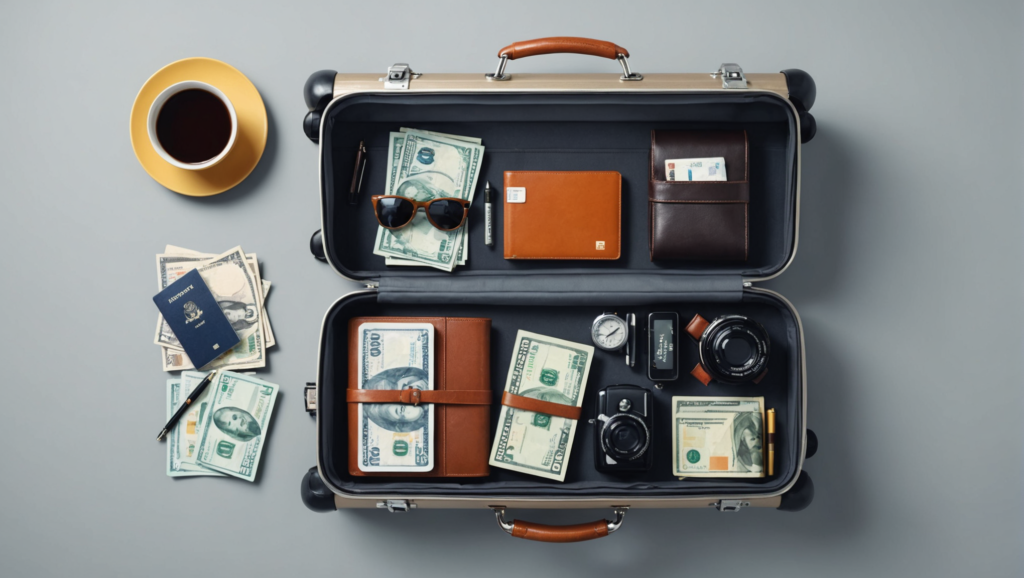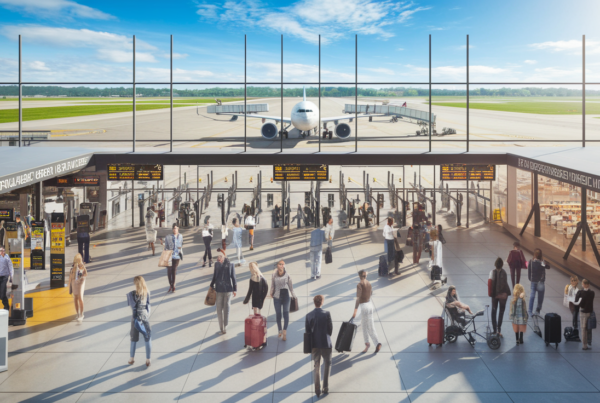Are you ready to take off on a new adventure, but dreading the long hours of flying and the lack of sleep that often accompanies them? Don't worry, because in this article I'll be sharing with you some practical tips on how to rest and sleep well during a flight. Get ready to travel with peace of mind and enjoy every minute in the air!
Get ready before the flight

The key to rest well during a flight begins long before takeoff. Make sure you don't consume caffeine or alcohol before boarding, as these substances can disrupt your sleep. Also plan to wear comfortable clothing and extra layers to adapt to temperature variations.
Choose the right seat
The selection of headquarters is crucial for quality sleep. If possible, opt for a window seat, which offers support for your head and reduces disturbance caused by other passengers. Avoid seats close to toilets or high-traffic areas to minimize noise pollution.
Use Comfort Accessories
Invest in accessories for comfort can greatly improve the quality of your in-flight rest.
- An ergonomic travel pillow to support your neck
- An eye mask to block out the light
- Earplugs or noise-reducing headphones to attenuate surrounding sounds
- A light blanket to keep you warm
Adopt a Good Sleep Position
Find the good position sleep is essential to avoid pain and maximize comfort. Avoid crossing your legs, which can lead to circulation problems. Try to maintain an upright, supported posture by using the travel pillow to support your neck.
Hydrate Properly
Cabin air is often dry, which can lead to a dehydration. Drink water regularly throughout the flight, and avoid dehydrating drinks such as alcohol and coffee. Take along healthy snacks to keep your energy up without disturbing your sleep.
Avoid Screens and Relax
The blue light emitted by phone, tablet and computer screens can affect your circadian rhythm. To maximize your chances of get a good night's sleepAvoid screens for at least an hour before trying to sleep. Choose relaxing reading or soft music to unwind.
Use Relaxation Techniques
Visit relaxation techniques such as deep breathing, meditation or even listening to soothing podcasts can help you relax and prepare your body for sleep. These methods are particularly useful if you have trouble falling asleep on a plane.
Respect your biological clock
Finally, try to synchronize your sleep with your destination. If you're traveling to a different time zone, gradually adjust your bedtime and wake-up times a few days before departure. This will help your internal clock to adapt more easily and minimize the effects of jet lag. jet lag.
On the same theme
Practical advice: what is the maximum amount you can take with you on your travels?
When traveling, it's essential to know how much cash you can take with you. When entering or leaving the European Union, if you're carrying 10,000 euros or more, you must declare it to customs. This...





